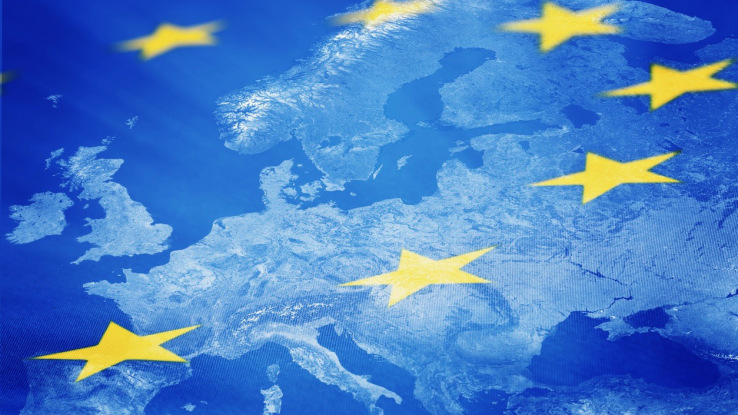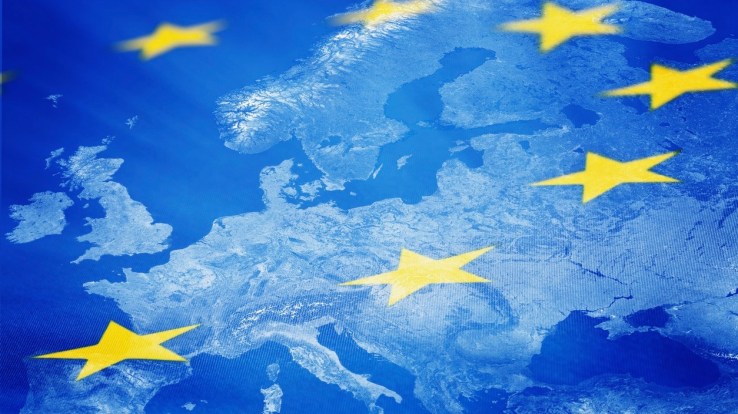

The European Commission is preparing a list of legal options on how to make digital multinationals such as Amazon, Facebook and Google pay more tax, Reuters reports.
The paper is being prepared for an EU summit taking place on September 29, and will be published by the time the Digital Summit takes place.
Pierre Moscovici, the commissioner for economic and financial affairs, taxation and customs, said today that the paper will put “all options on the table.”
“We believe that the digital economy should be taxed as the rest of the economy. They should pay their fair share of taxes,” he said as he arrived at a meeting of EU finance ministers taking place in Estonia.
Earlier this week a group of finance ministers from several major European Union economies signed a joint letter calling for a turnover tax to reform tax rules across the bloc by responding to where tech platforms generate revenue, not just where they book profit.
“I welcome the letter sent by some ministers… They support the approach of the Commission to launch the CCCTB [Common corporate tax base] — a structural tax base,” said Moscovici. “We will put all of the options on the table.”
In a state of the union letter published on Tuesday, the EC’s president Jean-Claude Juncker confirmed the executive body’s intent to come forward by the end of 2018 with a proposal to establish common rules on the taxation of the digital economy. Although any proposal would have to be agreed by all EU member states and the EU parliament before it could be implemented.
Some EU countries are angry that the current system allows digital giants to minimize their tax liabilities by using subsidiaries sited in low-tax countries — such as Ireland, Luxembourg and Malta.
Asked by reporters whether the turnover tax being proposed by finance ministers in France, Germany, Spain and Italy is practical, Moscovici said: “There are several options… It’s not a one-way avenue,” before adding: “We will explore all options” — including, he said, “taking into accounts works outside the EU,” citing the WTO and the G20.
“We need a global approach,” he added.
Pressed on whether low-tax EU economies would be likely to agree to this type of digital tax reform, which would be likely to disadvantage their own economies, he said: “We are not yet at the stage of the proposals so we cannot say how they would react.”
One idea Moscovici voiced is that the taxation of digital multinationals could be enshrined within a re-launched CCCTB, which does not currently make reference to digital giants but aims to structurally reform the corporate tax base, though, again, he stressed there are “several options” at this stage.
Featured Image: kamisoka/iStock

